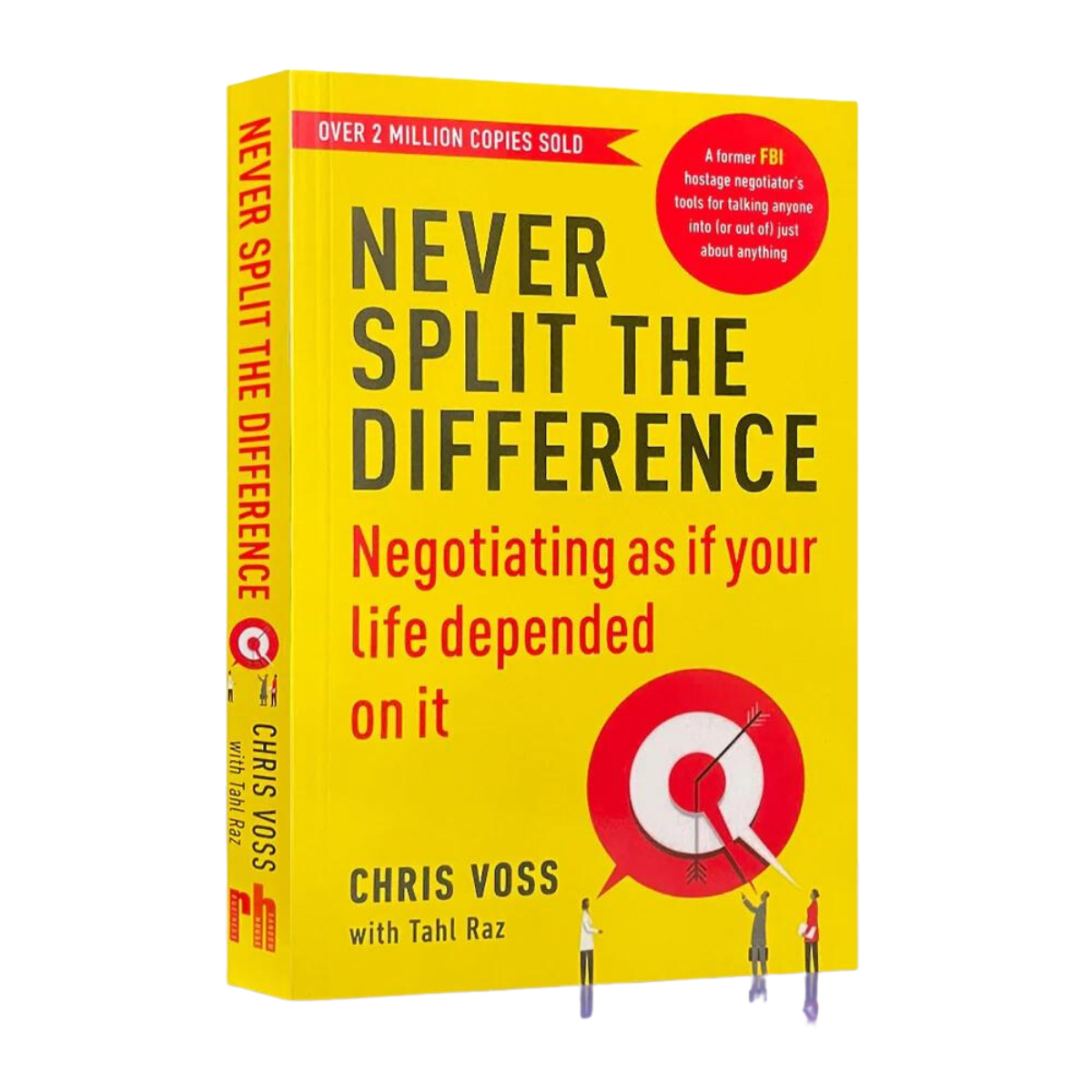
"Hope is not a strategy.” ~ Chris Voss
We might think we are pretty good at recognizing the moments when we’re in either a conversation or a negotiation. For example, when catching up with a friend over dinner, we’re in a conversation. When we’re buying a car, that’s a negotiation. Easy, right?
There are, however, moments that are less clear cut, and knowing whether you’re in a conversation or a negotiation can have significant consequences on the outcome for you. A conversation is defined as a free and open exchange of ideas. It doesn’t typically have a direction, and other than building relationships or gaining increased understanding or perspective, a conversation doesn’t really have an objective. Negotiations, on the other hand, are always directed towards a specific outcome: Mutual agreement.
Let’s take a common situation: Reviewing your career aspirations with your manager. If you treat this as a conversation, nothing meaningful will change as a result, and you won’t get that promotion you were hoping for (remember, “Hope is not a strategy!”) No, in order to influence real change, you need to recognize and treat that meeting like a negotiation.
There are many ways to prepare for a negotiation, but perhaps the most important point to take on board is that you prepare for a negotiation! Be clear about the outcome you are looking to achieve, and also consider:
- What does the other party actually need in exchange? Going back to the example of negotiating your promotion – your manager is potentially losing a key member of the team (you!) so factor that into your thinking. Use your empathy skills to consider what they are giving up, and ensure you consider their point of view. If you’re focused only on yourself and what you want, it will not go well!
- Think about all the objections they’re likely to raise, and actually share them during the meeting. This is what Chris Voss calls an ‘Accusation Audit’, and it lets them know that you understand their position: “You’re going to feel like I’m abandoning the team”or “I’m sure you feel like it’ll be impossible to replace me” will help to diffuse those objections.
- Above all, be curious, and treat it as a process of discovery. Don’t go in with assumptions, but hypotheses you are willing to test. Use open questions which invite them to share their perspective: “How can I help to make this transition easier?” will focus them on the solution, not the problem.
Remember, you are not trying to impose your will, you are trying to guide the discussion toward an outcome that everyone can live with. Making demands or threats rarely works and will only make the other party defensive. Don’t see them as an adversary in a battle of wills, but as a partner in finding a path to the outcome you want.
This week’s inquiry…
What will you do differently to prepare for your next negotiation?
Dive Deeper…
Preparation for negotiations requires a mindful and empathetic approach – considering not just what you want, but the impact of your request on the broader system (team, organization, family, community, etc.).
“We try to do the best in that limited space, which creates tremendous problems for that larger system.”
Chris Voss was the FBI’s lead international kidnapping negotiator. His book takes you inside the world of high-stakes negotiations, revealing the skills (*spoiler alert: emotional intelligence is one of them) that helped him and his colleagues succeed. In this practical guide, he shares the nine effective principles you can use to become more persuasive in both your professional and personal life.


